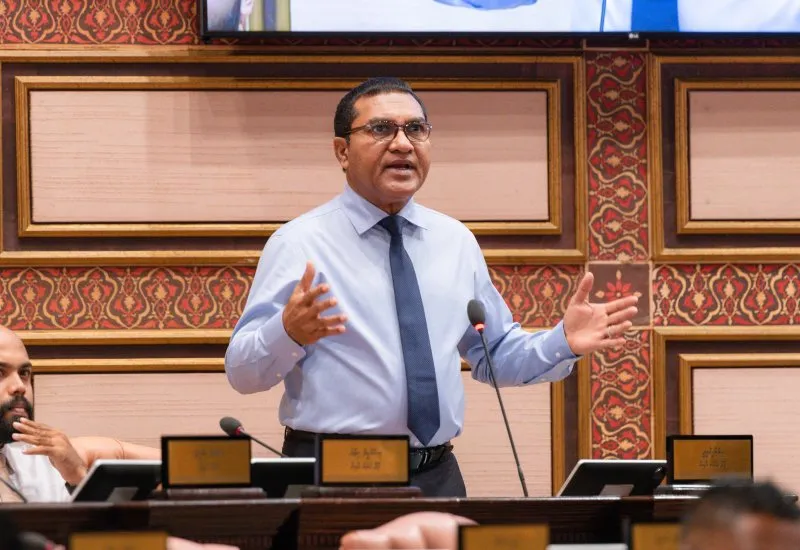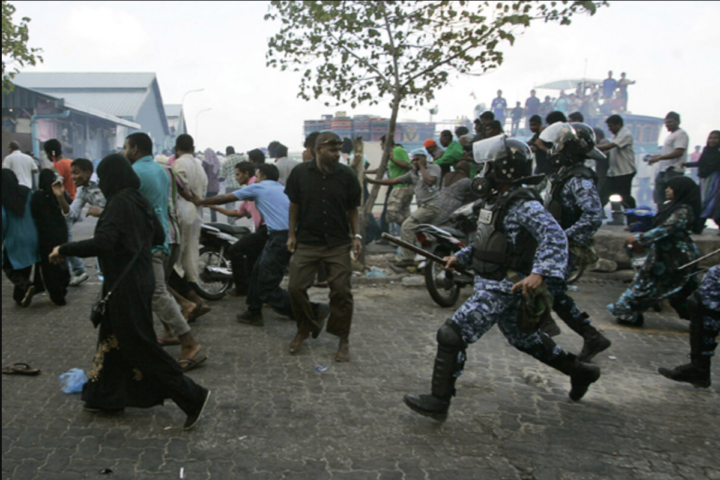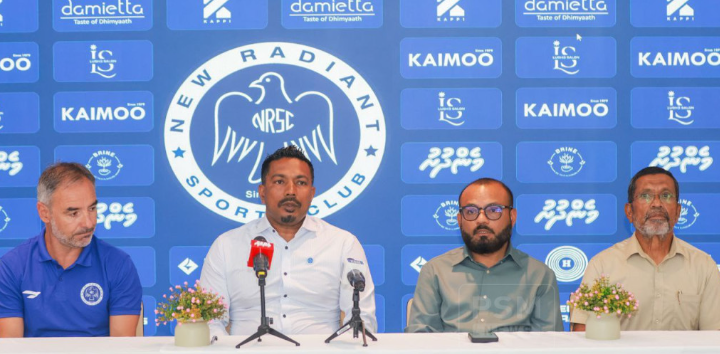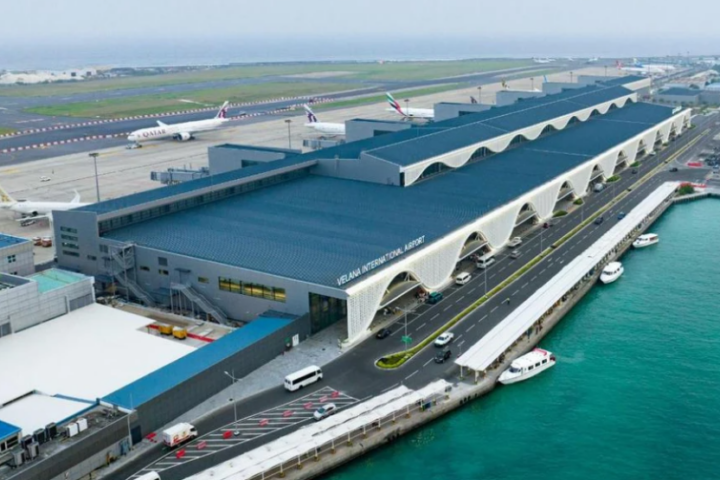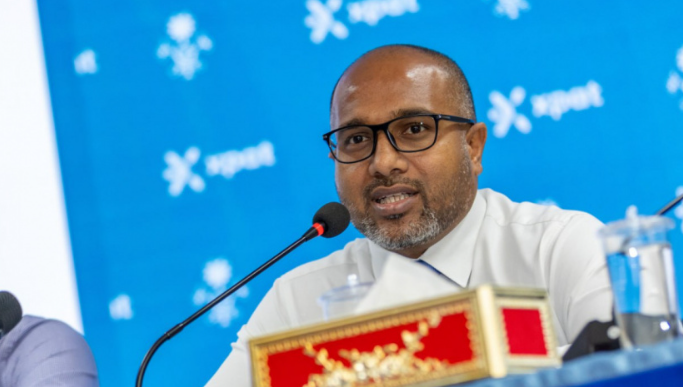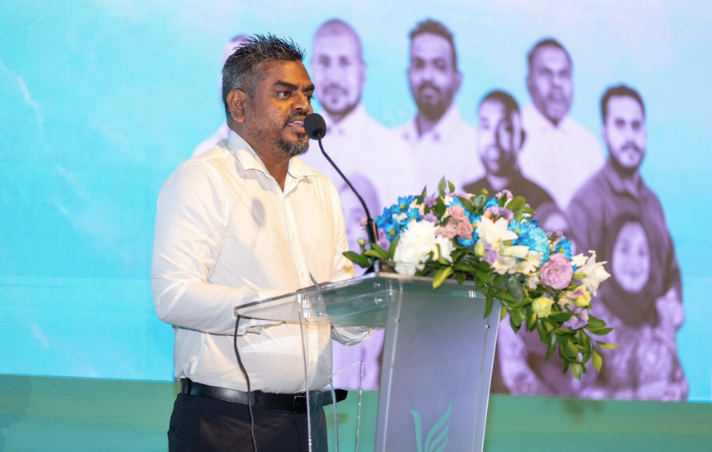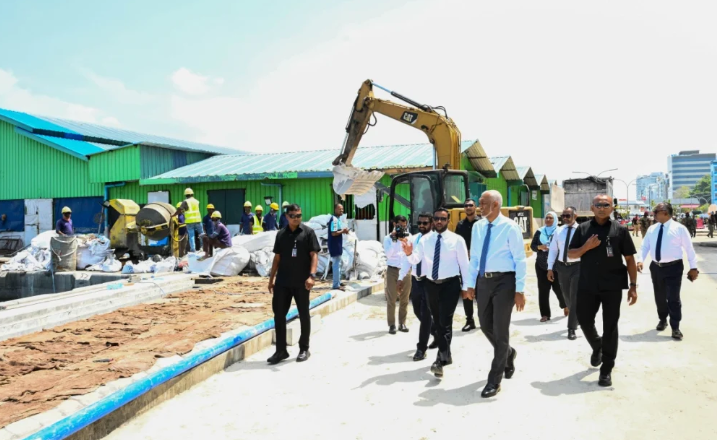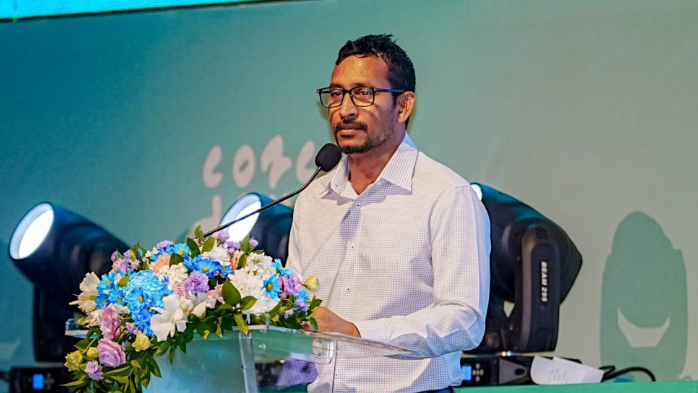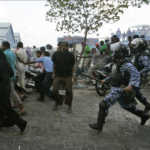MALE’, Maldives — A member of parliament from the ruling People’s National Congress has sparked debate by advocating a return to the centralized atoll administration system that defined the Maldives under former President Maumoon Abdul Gayoom’s three-decade rule.
Speaking during a parliamentary session on amendments to the Anti-Corruption Commission Act, Ibrahim Didi, father of Home Minister Ali Ihusaan, praised the previous system of government-appointed atoll chiefs and island administrators, known as katheebs, claiming it was more effective for island development than the current decentralized model.
“The former system served our atolls better,” Mr. Didi said during an emotional address on the parliament floor. The debate centered on proposed changes that would give the president authority to appoint leadership positions in the anti-corruption body.
Before the Maldives adopted decentralization, the island nation operated under a centralized system where the president directly appointed island administrators. This structure was altered in 2010 as part of democratic reforms.
Mr. Didi also criticized the current heads of independent institutions, suggesting they overreach their authority. “They behave as if they are the head of the country,” he said, arguing that these bodies are not meeting government and public expectations.
The Local Government Authority, which oversees the current council system, did not respond to our query for comment on Mr. Didi’s remarks.
The Maldives, an archipelago of 1,192 islands in the Indian Ocean, has maintained unified governance longer than any other South Asian nation, though its administrative systems have evolved significantly in recent decades.
